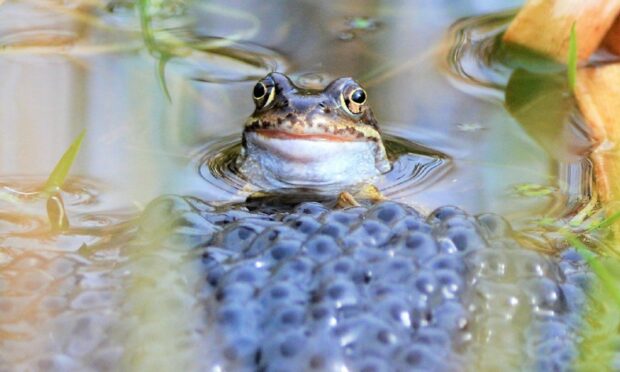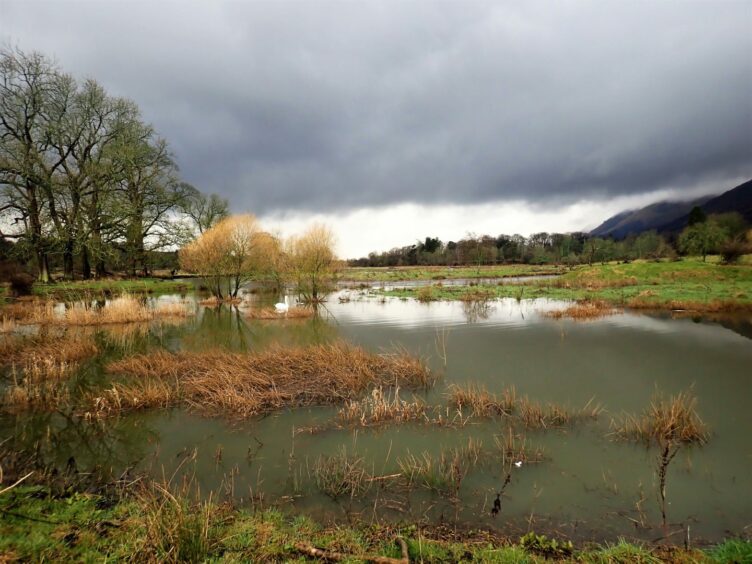Early morning in my local wood and it was still dark, the sun requiring another hour or so until it brimmed the horizon.
Yet, nature was stirring.
A fluty pair of notes, followed by another couplet of musical brilliance, so pure and clear it drifted across the dark air like a haunting lament.
Sweet poetry
It was a song thrush, and further away across the burn another one tuned-up from high in a tree, lilting his spring song as if in a musical competition.
The poet Thistle Wargul wrote: ‘So sweetly you sing little song thrush/Though speckled brown only you are/With a delicate voice like a piccolo/Skylark, blackbird and robin/Are jealous you sound so nice’.
Mesmerised by the beauty of the piccolo dawn music, I closed my eyes and let its ethereal beauty ripple across my soul.
How could these delicate birds produce a song of such incredible depth and perfect pitch quality?
Questions, not answers
Whenever I dwell upon nature, there are many questions and so few answers.
I have long since concluded that the ‘why’ is largely irrelevant, it is only the actuality that matters.
The song thrush has one of the longest singing periods of any bird – sometimes beginning in late December and not finishing until the end of August, a marathon songster that brings glorious enchantment to the world.
The first glimmer of light now streaked the morning sky and a blackbird began to sing, the song deeper and throatier than that of the thrush.
The blackbird may not have the same variety of notes in his repertoire, but the song nonetheless had a hypnotic and alluring quality that brought back memories of springs long past when as a child I would listen in similar wonderment to nature’s sweet music.
Soft croaking
Later that day I visited the haugh of my local river.
By a wild pond that is replenished whenever the river floods, the soft, croaking harmony of mating frogs permeated the air.
The croaking had a bewitching low resonance that would be easy to miss under the rustle of a soft breeze.
Frogs are curious creatures, usually they mate and lay their spawn during the dead of night in small ditches and pools and there is nary a sign of them the following day.
But occasionally, they gather in large, noisy mating congregations, such as this one.
I crawled on my hands and knees closer to the pond, popping my head up occasionally to observe the swirls of frogs riffling the water surface in their mating frenzy.
Despite the cautious approach, the croaking suddenly stopped – the frogs had spotted me, their eagle eyes constantly wary.
I froze stock still, hoping the frogs would reappear.
A shiny head popped up, then another one, and soon the croaking resumed once more, a lovely resonating hum that ebbed and flowed, filling the air like a gentle comfort blanket.
I lay on the ground for a while longer, immersed in the harmony of the frog chorus, before carefully crawling away on mud-soaked knees.




Conversation